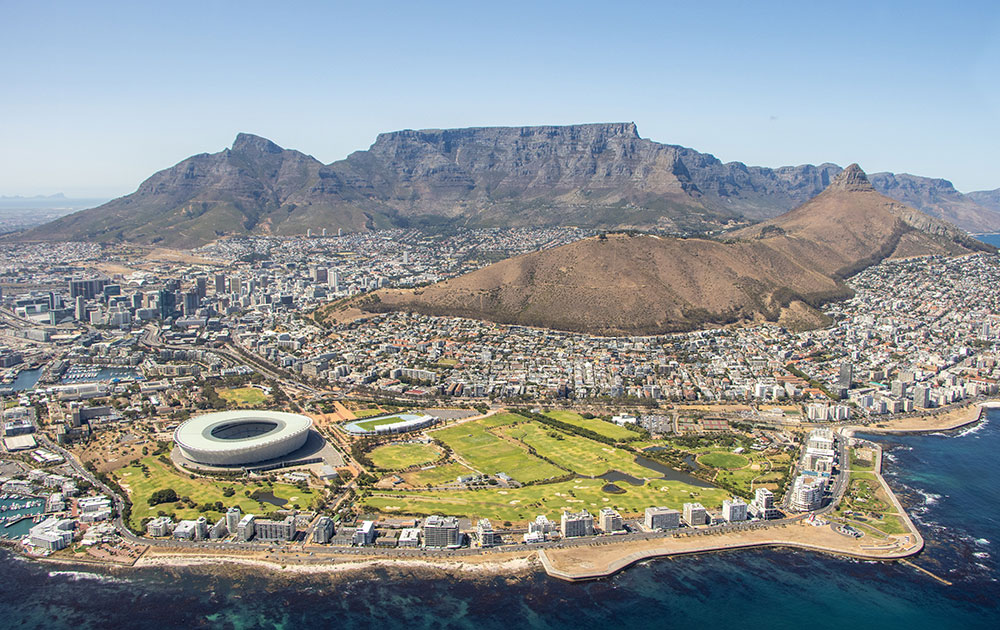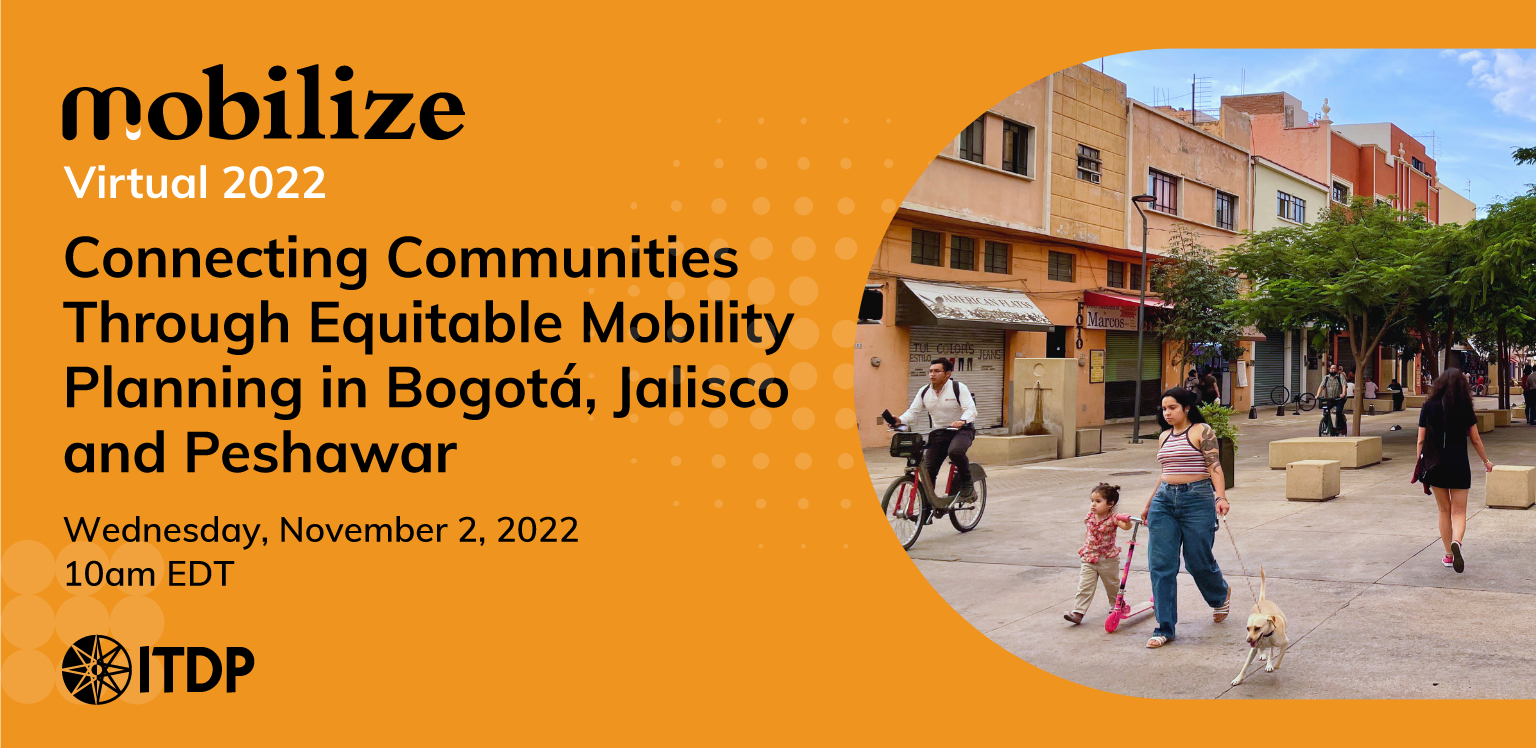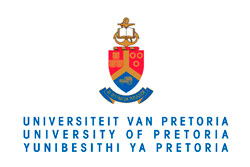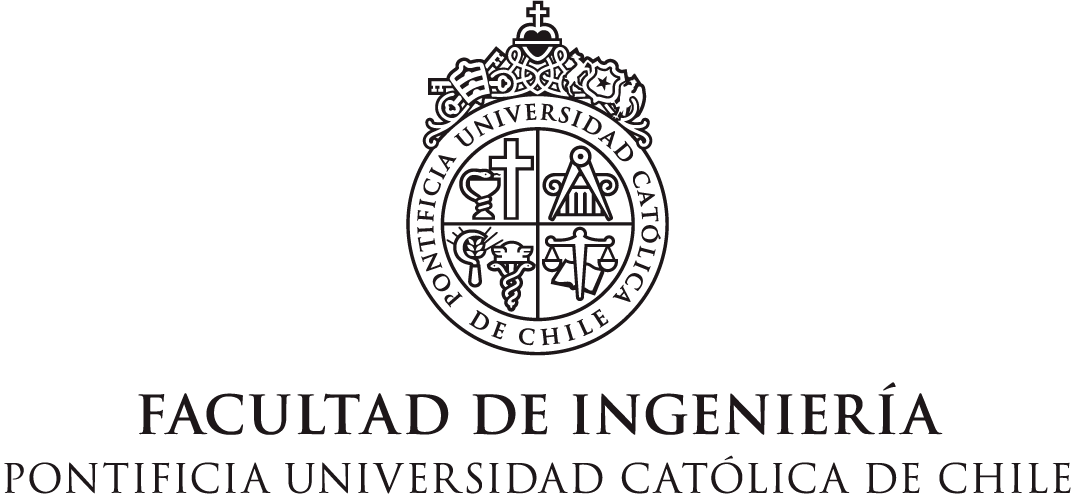Opinion Pieces: since 2007, Prof. David Hensher has written an opinion column in the Australasian Bus and Coach magazine, where he monthly discusses a lot of different transport-related hot topics. In this section we are revisiting these columns.
July 2012
Road pricing reform is much touted by economists and others who see the current charging instruments inadequate in both delivering efficient outcomes for road use (especially in controlling levels of traffic congestion) as well as raising sufficient revenue to fund new infrastructure as well as much needed maintenance of existing road networks. It is estimated that traffic congestion in Australia resulted in AU$9.4 billion of avoidable social costs in 2005, increasing to AU$20.4 billion by 2020. In the USA, the congestion costs (in constant 2009 dollars) continue to rise from US$24 billion in 1982 to $115 billion in 2009. In the USA, this is associated with 3.9 billion gallons of wasted fuel (equivalent to 130 days of flow in the Alaska pipeline), and a $US808 cost impost per average commuter in 2009. This results in a predictable ‘tragedy of the commons’.
Despite these well known statistics, politicians in the main are not supportive of road pricing reform. An example that is typical of political responses is:
“We will not introduce a congestion tax for motorists … due to the lacklustre standard of the state’s public transport system. …The Minister … has ruled out imposing a tax on motorists entering the CBD similar to a system used in London. There cannot be a congestion toll if there is no public transport, and the one thing that [we] … have not got is proper public transport,” he says. “It would be so unfair to put a congestion tax on people that have no alternative to using their car because of the mess in which the former government left the state.”
It is often the case that when politicians refer to public transport they are assuming rail-based solutions, which are not only very expensive, but in the context of road pricing take many years to deliver, making the case for road pricing reform vexed. If, however, like London, we consider improving public transport by introducing a large increase in the number of buses (designed not to create more havoc on the roads in mixed traffic but to support switching away from the car), then road pricing reform can simultaneously be achieved in terms of a timeline with improvement in public transport. A large increase in buses to support greater connectivity and frequency (something not so feasible with single corridor rail projects) can be facilitated by the importing of ready to purchase buses of high quality from China which are considerably less expensive to acquire than buses manufactured in western economies.
The greatest challenge is how to gain public acceptance that is also convincing to politicians. The experience below typifies public sentiment, albeit misinformed. Setting: ABC Radio 702 Tuesday 4 Oct 2011 8.30-8.55am. Hensher discusses the merits of Road Pricing Reform (after stating clearly that it is more than a congestion tax, and to please stop using the emotive language of a congestion TAX). Conversation proceeds and calls are invited. A plumber calls in. He says (paraphrase): “…I spend up to 5 hours on the roads every day between jobs and now you are telling me I have to pay a congestion tax on top of all of my existing costs for the 5 hours. What is he thinking (the Professor needs to get real)… I do not earn enough income now as it is.” My response (paraphrased): “…I made it very clear I thought that the aim is to reform the entire set of charges (including registration fees) and to set the kilometre based charges to reflect the traffic conditions with the aim of not only enabling you to save time (which is money as well) but to give you realistic options on levels of charge and time of day to travel. It is expected that you will spend less time travelling and can convert such saved time into more productive income earning time.” This is the buy in challenge – how to convince voters that there are benefits to them.
We are of the belief that road pricing reform will entail a slow but progressive set of steps that must comply with the adage “keep it simple and singularly focussed” but do not start with the ultimate journey end solution to reduce traffic congestion so that people spend less time in traffic each day, but with some initiative that has an easier staged sell. Crucially the focus of the reform process must be on asking ‘are travellers paying for the right things’ and not ‘are they already paying enough’? This also translates into a request to stop being obsessed with the question of how much car users pay on average, for congestion is not caused by “…the fact that the tax on a car trip is 50p on average: it is caused by the fact that the next trip is always free.”
Food for thought













